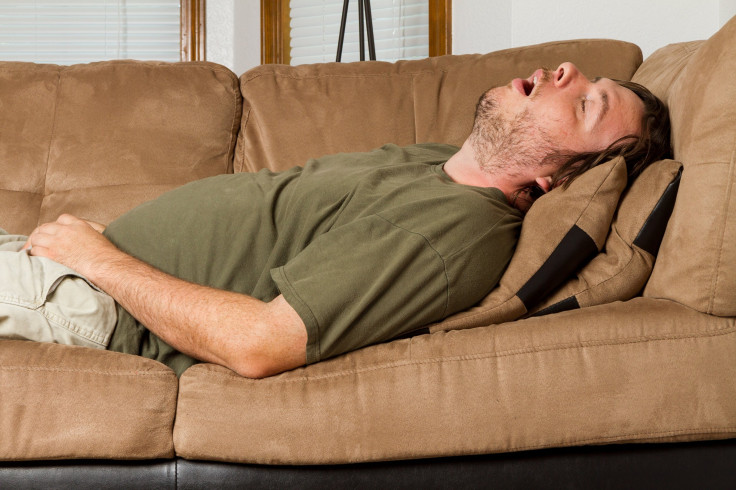Snoring, The Not-So-Silent Killer: Serious Health Risks Associated With The Nighttime Nuisance

Snoring is a nuisance. There is little evidence needed to prove this statement’s validity. It has disrupted countless nights of sleep and left those it's plagued either destined to nighttime alienation or left trying to find a mate with a serious hearing impairment. If your loved one snores, sleeping together can become next to impossible. Sometimes the sound is able to penetrate the walls, and no matter where you go, you cannot escape its incessant noise. Regardless of its many inconveniences, snoring is not just an unwanted habit. Sometimes it can be a sign of a more serious health problem such as sleep apnea.
Sleep Apnea
Snoring is the harsh sound that occurs when your breathing is partially obstructed in some way while you’re asleep. According to Mayo Clinic, it affects nearly half of the adult population and occurs when air flows past the relaxed tissues in your throat and causes them to vibrate as you breathe, resulting in the harsh sound of a snore. Although it is one of the most common issues associated with adulthood, sometimes snoring is a sign of a much more dangerous condition called sleep apnea. Sleep apnea is much like snoring in that it is characterized by the loud harsh sound of our breathing being disrupted by sleep. However, what sets sleep apnea apart from ordinary snoring is its side-effect of causing the sleeper to have periods of air shortages. It is caused when the throat tissues are partially or completely blocked, resulting in your breathing being momentarily blocked. The sleeper will usually wake up from breathing obstructions caused by sleep apnea as many as five times every hour of sleep.
Side Effects
Obesity is the main factor for developing sleep apnea. Other factors that put you at a higher risk for developing this disorder are being male, smoking, and having a preexisting family history of sleep apnea of nasal problems. Sleep apnea can lead to a wide variety of serious health issues, such as high risks of heat conditions and stoke, and increased changes of developing high blood pressure. Other side effects such as constant fatigue and relationship issues are also related to sleep apnea. According to Harvard Health Publications, this is because snoring limits the amount of oxygen that enters the blood stream. In extreme cases this will put unnecessary stress on the cardiovascular system, which leads to increased chances of heart attacks and strokes. In a study on people who suffered from both sleep apnea and high blood pressure, researchers found that by simply treating the sleep apnea with a nighttime breathing apparatus, patients’ blood pressure also improved.
Prevention
The UK’s National Health Service recommends several tips to help reduce your nighttime snoring. Maintaining a healthy body weight can significantly reduce the fatty tissues in your neck that squeeze the airways and prevent you from breathing freely. Also sleeping on your side rather than your back can help to keep your tongue, chin, and other tissues relaxed and out of the way of your airways. Avoiding alcohol consumption before bed helps to reduce snoring as well. Alcohol further relaxes your muscles, which may lead to increased snoring. Cutting down on smoking or quitting all together will also reduce snoring. Cigarette smoke can irritate your nasal passages and make it more difficult to breathe.
Source: Martinez-Garcia MA, Capote F, Campos-Rodriguez F, et.al. Effect of CPAP on Blood Pressure in Patients With Obstructive Sleep Apnea and Resistant Hypertension: The HIPARCO Randomized Clinical Trial. JAMA. 2013



























